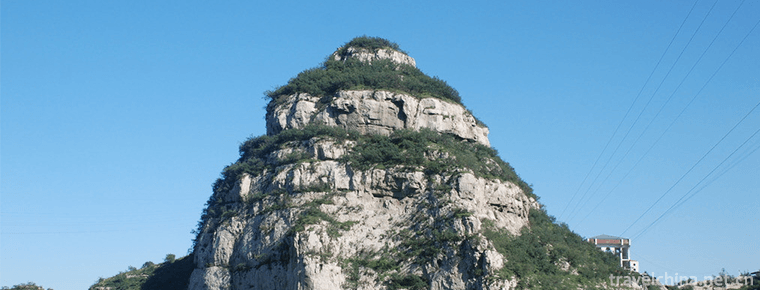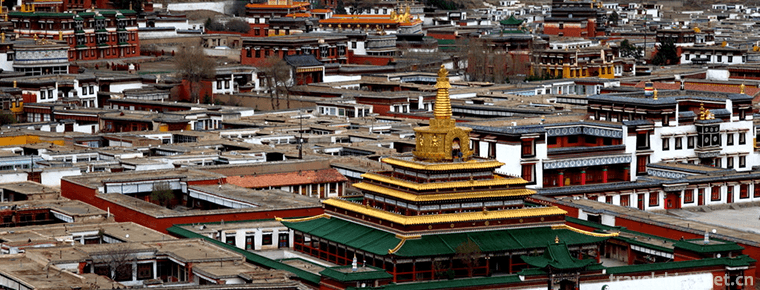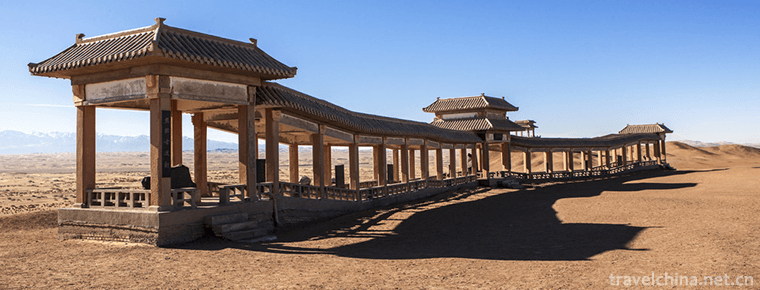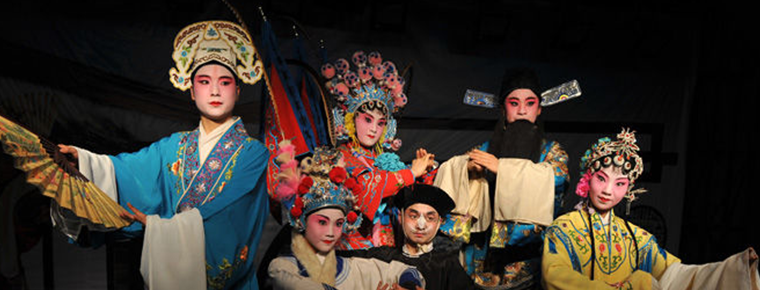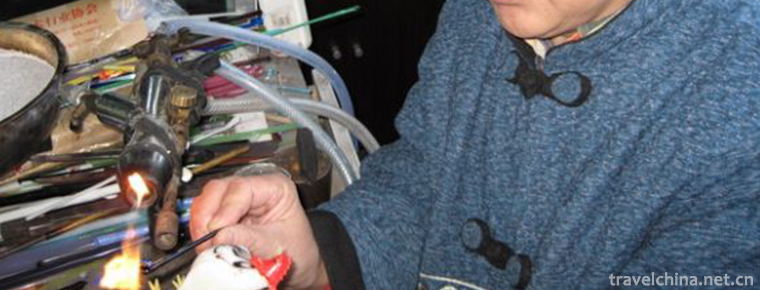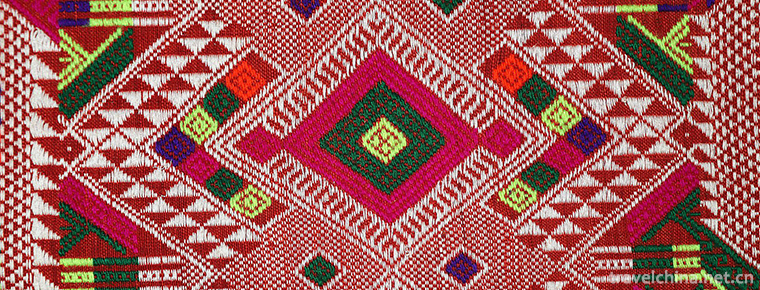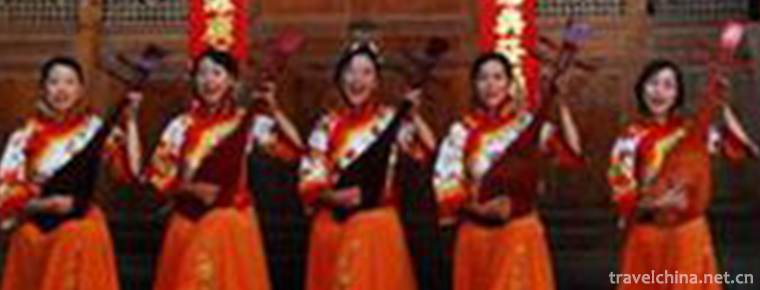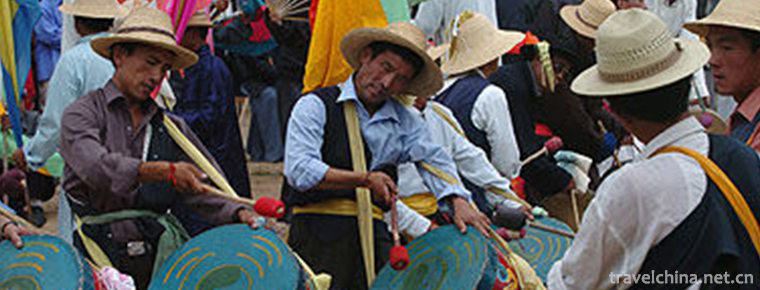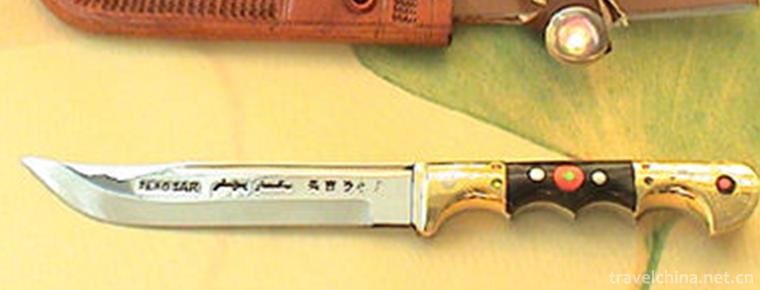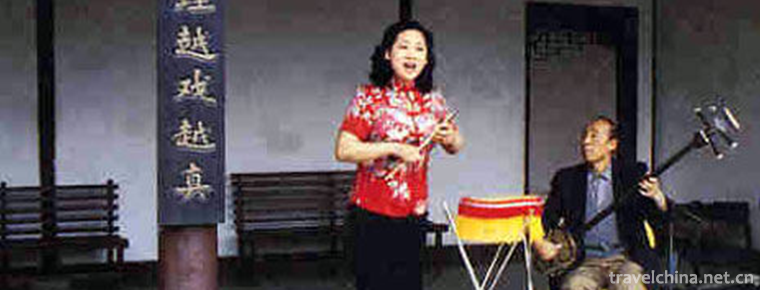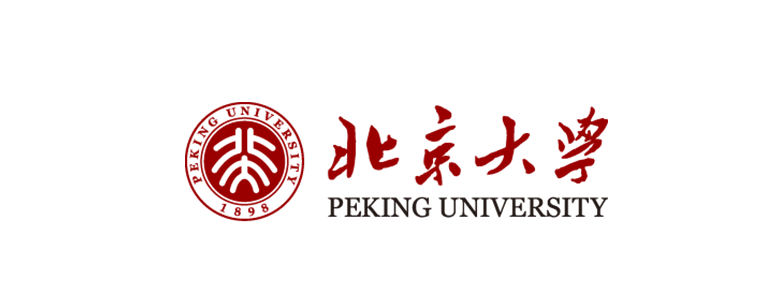Gaoyou folk songs
Gaoyou folk songs
The earliest source of Gaoyou folk songs can be traced back to the Neolithic Age. Gaoyou Lake and Lixia River in Gaoyou City are the traditional folk songs widely spread in their production and life. They mainly include chants, minor tunes, love songs and various kinds of life, custom ballads, nursery songs and antiphonal songs. They have both the soft and graceful characteristics of Southern Jiangsu folk songs and the bright temperament of Northern folk songs, with a gentle and light rhythm. Yu's Lixia River style. Gaoyou folk songs have different characteristics from those of other places. Classic masterpieces: counting duck eggs, Gaoyou northwest township, sending husband to join the army, unloading armour ballads, Yangge chant, my hometown in Gaoyou, returning home
Gaoyou Folk Songs won the Best Urban Songs Award in Shanghai World Expo, the First China Peasant Art Festival, the 12th China Shanghai International Art Festival, the 2nd National Folk Music and Dance Festival in 1957, the 1960 National Congress of Cultural and Artistic Workers, the Spring Festival Gala, the 2nd CCTV Music and Television Exhibition of Seven Image Songs, and the Jianghai Culture and Art Exhibition in China. Zhou, Beijing-Hangzhou Grand Canal (Jiangsu) Arts Festival, CCTV seven sets of local hurdles, CCTV our festival - China Long Song Line series shows, performances and performances.
On October 18, 2007, the Chinese Association of Folk Literators and Artists officially awarded Gaoyou the honorary title of "Hometown of Chinese Folk Songs", which made Gaoyou the only home of Chinese Folk Songs in the country at that time. Compared with other important folk song towns such as Guangxi, Yunnan and Xinjiang, Gaoyou folk song in Lixia River area in central Jiangsu seems to be little known.
On June 7, 2008, Gaoyou Folk Song was approved by the State Council to be included in the second batch of national intangible cultural heritage list.
On June 6, 2010, at the invitation of Jiangsu Organizing Committee of Shanghai World Expo, we participated in the rehearsal of Jiangsu Pavilion Week. The organizing committee has basically decided that the number of duck eggs in Gaoyou Folk Songs will be the weekly exhibition program of Jiangsu Pavilion of the World Expo from June 13 to June 17. Gaoyou Folk Songs shine brilliantly at the Shanghai World Expo.
Historical evolution
Gaoyou Folk Songs were listed as the first intangible cultural heritage list of Jiangsu Province on March 24, 2007, the second national intangible cultural heritage list on June 14, 2008 and the first Yangzhou intangible cultural heritage list on January 17, 2008, and the first group of Gaoyou intangible cultural heritage list on February 8, 2008.
Since the 1980s, Gaoyou has held 31 consecutive competitions and concerts, and has collected and collated 600 Gaoyou folk songs. Gaoyou folk songs have included 272 complete lyrics and songs, with more than 40 tunes.
original ecological folk songs
Hengjing original ecological folk songs are part of Gaoyou folk songs on the national intangible cultural heritage list. It is a famous traditional folk song in Hengjing Town of Gaoyou City. Hengjing original eco-folk song has gained popularity since it was broadcast in 2005 in seven sets of "Gone Songs" by CCTV. Among the original ecological folk songs in Hengjing, a considerable part belongs to love songs. Most of them are arranged in chronological and monthly order, expressing their feelings with song expressions and lyrics, which not only releases feelings, communicates feelings, but also eliminates fatigue and entertains listeners.
historical origin
As early as 7,000 years ago , the ancestors of Gaoyou worked hard, planted rice seedlings, hunted fish and domesticated animals. It can be said that where living people live together, where there is labor, where there are primitive ballads. Therefore, the earliest source of Gaoyou folk songs can be traced back to the Neolithic Age. For thousands of years, Gaoyou folk songs have been handed down orally by the masses and passed down from generation to generation. Many folk songwriters are well known and well-known in China. On October 18, 2007, the Chinese Association of Folk Literary Artists officially awarded Gaoyou the honorary title of "Town of Chinese Folk Songs", which made Gaoyou the only "Town of Chinese Folk Songs" in the country at that time. On June 14, 2008, Gaoyou Folk Songs were listed in the second batch of national intangible cultural heritage list.
According to the textual research, the popular "scattered flower tune" in Gaoyou is one of the sacrificial ballads of the ancient folk "exorcise" in the central Jiangsu area, which is called "countryman exorcise". It has been recorded in the Analects of Confucius and has a history of more than 2000 years. Later, Gaoyou Ci poet Qin Shaoyou and Sanqu master Wang Pan not only drew rich nutrition from folk songs, but also helped to improve the re-creation of folk songs because their lyrics and songs were widely sung. In addition, cultural celebrities such as Pu Songling, who had served as a courier in Gaoyou, directly or indirectly participated in the creation, enriching the connotation of Gaoyou folk songs and enhancing the quality of Gaoyou folk songs. Gaoyou Zhangjiazhuang's seedling-planting slogan "Xiliangyue" (a sad sight of my sister), the lyrics are derived from Feng Menglong's "hanging branches" in the Ming Dynasty. In "Pu Songling's Slang", there are many other songs such as "Reversed Roller" and "Overlapped Bridge" with the same name as the folk songs still popular in Gaoyou. Therefore, Gaoyou and its surrounding areas have also naturally become a fertile soil for folk song creation. In fact, Jiangsu has always been an important "song town" in China, such as "Jasmine Flower" is one of the most influential folk songs in China.
Jiangsu's cultural characteristics are "Wu Yun Han Style", which corresponds to the folk songs of Wu Song in southern Jiangsu and Chu Song in northern Jiangsu. The styles of Wu Song are quite different. The scope of Wu Song includes Su Xichang and Gao Chun in Nanjing, while Suzhou is the "first highland" and its main feature is "ou". The scope of Chu Song is in the northern part of Jiangsu Province, and its style is rugged. Located in the blending zone of Wuge and Chuge, the Lixia River area in Central Jiangsu, with Gaoyou as its center, includes Baoying, Xinghua, Jiangdu, Yizheng, the North-South intersection, and Jianghuai area with Xiajiang Mandarin as its dialect. In the history, the cultural convection between the North and the South, the fresh folk song elements are constantly gathered and supplemented, gradually evolving into an unprecedented prosperous "song village".
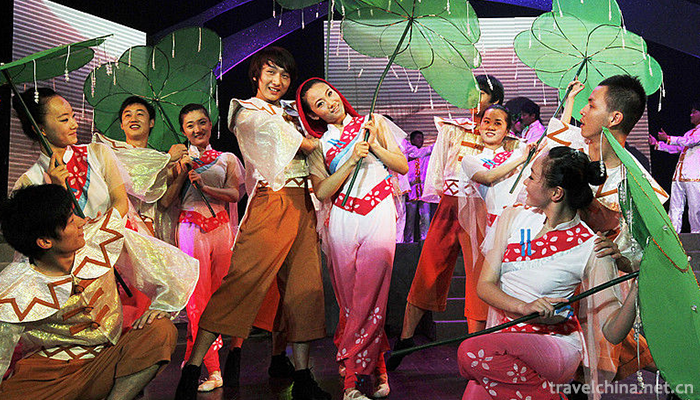
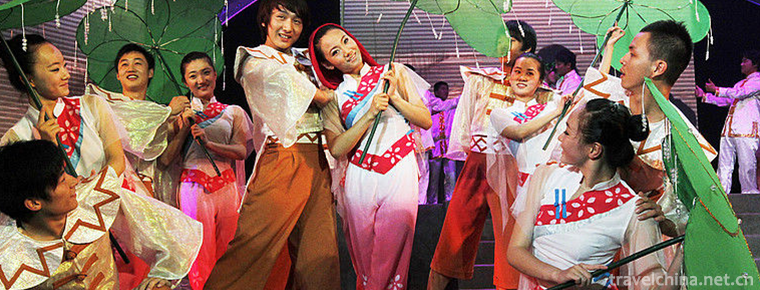
Gaoyou folk songs
-
Bao Zhai village
Baoqiao Village, formerly known as Baoqian Mountain and Qishan Mountain, is located in Luquan District of Shijiazhuang City, 16 kilometers away from Shijiazhuang, the provincial capital
Views: 203 Time 2019-01-02 -
La blun Temple
Labrang Temple is one of the six main monasteries of the Gelug Sect of Tibetan Buddhism. In 1982, Labrang Temple was listed as one of the key cultural relics protection units in China
Views: 177 Time 2019-01-29 -
Yang Guan
Yangguan is the throat of ancient land transportation in China and the only pass along the southern Silk Road. Located in the southwest of Dunhuang City, Gansu Province
Views: 161 Time 2019-03-03 -
Jinghe Opera
Jinghe Opera, a local traditional drama in Lixian County, Hunan Province, is one of the national intangible cultural heritage.
Views: 203 Time 2019-05-08 -
Material liao qi
Material wares are traditional handicraft products in Beijing. It is a traditional handicraft made of glass strips. There was no direct glass-making industry in Beijing. The materials used were collec
Views: 137 Time 2019-05-13 -
Miao brocade weaving skills
Miao brocade is woven by Miao women using silk, ramie, kapok and other fibers produced locally. Miao brocade, also known as weaving flowers, is a pattern fabric formed by weaving. The color weft is fu
Views: 151 Time 2019-06-05 -
Nanping Opera
Nanping Opera is a folk art popular in the area of Jiuzhaigou County (former Nanping County) on the Northwest Plateau of Sichuan Province. It was once called "Nanping Pipa Playing and Singing&quo
Views: 310 Time 2019-06-07 -
Naton Festival of the Turkish Nationality
Naton is a temple fair where the Tu people in Sanchuan area of Minhe County, Qinghai Province perform Nuo Dance (the first dance) and Nuo Opera (the mask dance) in order to dispel diseases and calamit
Views: 265 Time 2019-06-23 -
Uygur traditional knife making skills
Xinjiang handicraft knives (Yingjisha knife, Guizi knife, etc.) are generally more than ten or twenty centimeters long. The largest is more than half a meter and the smallest is only about two inches.
Views: 171 Time 2019-06-26 -
Xiangyuan Drum Book
Xiangyuan Drum Book is a traditional opera in Shanxi Province. Originated in Xiangyuan, Shanxi Province, it is popular in Shangdang area. It is also called Guer Ci and Xiangyuan Tune. According to leg
Views: 279 Time 2019-07-06 -
Peking University
Founded in 1898, Peking University was first named as Beijing Normal University Hall. It was the first national comprehensive university in China and the highest educational administrative organ at th
Views: 262 Time 2019-08-30 -
Meishan economy
In 2019, the gross domestic product (GDP) will reach 138.02 billion yuan, an increase of 7.5%. Among them, the added value of the primary industry was 19.916 billion yuan, an increase of 3.0%; the added value of the secondary industry was 52.713 billion yuan,
Views: 354 Time 2020-12-18
